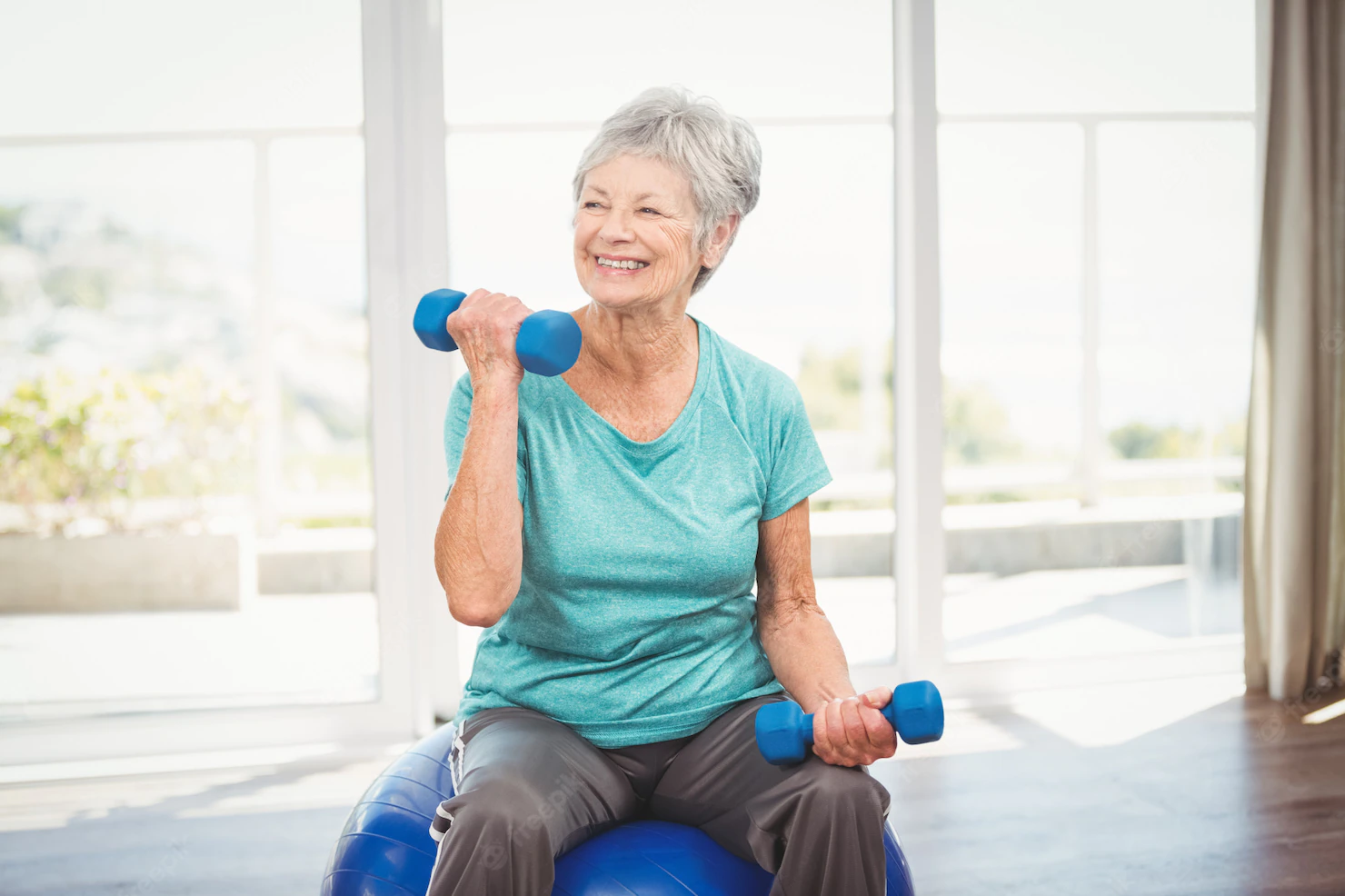Dementia causes the gradual loss of thinking, remembering, and reasoning abilities of the individual diagnosed with the disease. The decline in cognitive abilities can eventually lead to physical constraints that adversely affect a senior’s physical health. For example, a senior with dementia may have trouble walking or standing up alone at later stages, resulting in falls and injuries.
Physical activity plays a critical role in the life of a senior with dementia. It allows the brain to function more effectively while strengthening bones and muscles to reduce accidents. Consider the following factors to encourage your loved one with dementia to stay physically active.
Lower Risk of Injuries
Dementia affects seniors in many ways, as it affects their cognitive functioning and ability to be self-sufficient. If your loved one with dementia isn’t physically active, their bones and muscles may not be strong enough to support them. The lack of support can result in falls, leading to accidents and injuries.
Staying physically active can reduce this risk as the senior as it can improve bone health, muscle strength, coordination, and balance and lead to better overall health. However, it can sometimes be challenging to convince your loved one to participate in physical activity. Encourage your aging parent or grandparent to exercise by introducing them to fun activities they enjoy. This can include putting on their favorite songs to dance to, gardening, or yoga with friends.
Better Cognitive Function
Physical activity can improve an individual’s cognitive health, allowing them to think, learn, problem-solve, and enjoy an emotional balance. It can also alter an individual’s brain structure and improve their attention span.
If you don’t have the time to help your family member with dementia participate in physical activity, consider seeking help from a dementia care home. The specialized nurses at memory care homes focus on helping seniors live active lifestyles. A compassionate dementia care home will take time to understand your loved one’s needs, likes, and dislikes to create an exercise program that works best for them.
Motivation to Socialize
Dementia can often lead to a lack of interest in socialization, as seniors experiencing significant changes may want to withdraw from social gatherings. However, some forms of physical activity may encourage seniors with dementia to socialize again. Some examples include group fitness classes, dance groups, and group activities arranged by memory care homes.
Improved Mental Health
Seniors may experience mood changes, anxiousness, agitation, or depression due to dementia symptoms. This often stems from the inability to communicate their thoughts, perform regular activities, or a feeling of helplessness.
Sometimes, mental health conditions can arise from the inability to understand what’s happening after a diagnosis. In other cases, it can occur when they come to terms with their diagnosis. Either way, it’s important to help your loved one improve their mental health, which can partially be achieved through physical exercise. According to Mayo Clinic, “regular exercise may help ease depression and anxiety by releasing feel-good endorphins, natural cannabis-like brain chemicals (endogenous cannabinoids) and other natural brain chemicals that can enhance your sense of well-being.”
Living with dementia can be tough for many seniors, but an active lifestyle can eliminate some challenges and allow them to live a more fulfilling life. Explore the benefits of having an active lifestyle and look for ways to keep your loved one moving!

